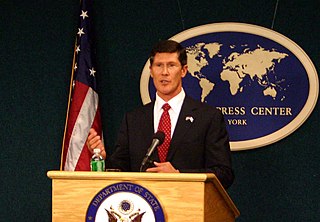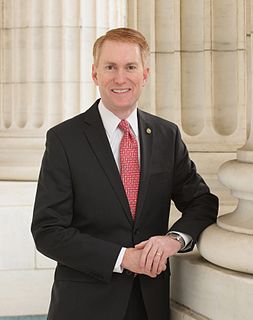A Quote by Joseph Stiglitz
You can't overestimate what happens when you encourage regulators to believe that the goal of regulation is not to regulate.
Quote Topics
Related Quotes
Regulation has gone astray. . . . Either because they have become captives of regulated industries or captains of outmoded administrative agencies, regulators all too often encourage or approve unreasonably high prices, inadequate service, and anticompetitive behavior. The cost of this regulation is always passed on to the consumer. And that cost is astronomical.
People vastly overestimate the ability of central planners to improve on the independent action of diverse individuals. What I've learned watching regulators is that they almost always make things worse. If regulators did nothing, the self-correcting mechanisms of the market would mitigate most problems with more finesse. And less cost.
I think (fantasy football) has become something that needs to be looked at in terms of regulation. Effectively, it's day trading without any regulation at all. When you have insider information, which has apparently been the case, when you have people who use that information, use big data to try and take advantage of it, there has to be some regulation. If they can't regulate themselves, then the NFL needs to look at moving away from them a little bit, and there should be some regulation.
I believe in goal-setting. I don't care what it is. If you want to drop 10 pounds, increase your bench press, jump higher, or win a Super Bowl, you have to set that goal for yourself before you go out and achieve it. I think you have to regulate it, and see how you're building toward it every single day. Am I getting closer to that ultimate goal? Am I doing everything I possibly can today to be successful? I'm always very cognitive of my goals.




































